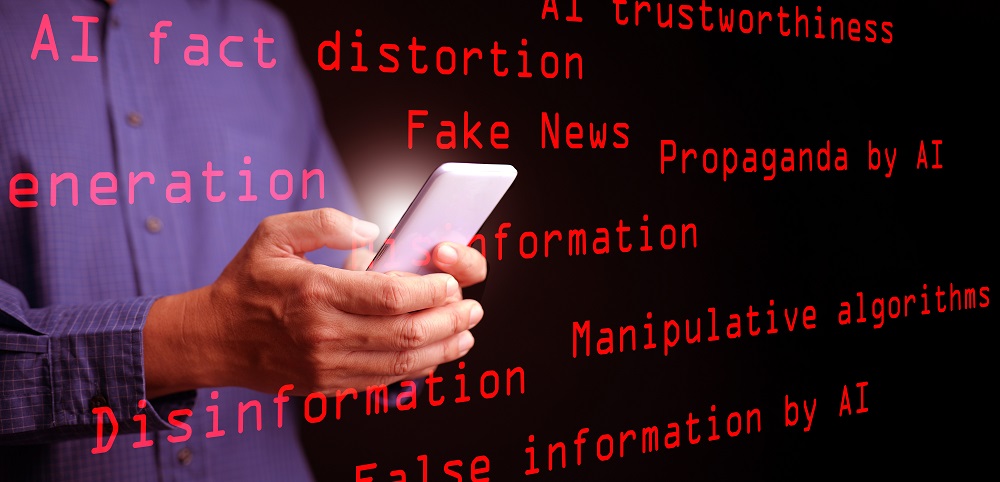Democracy is protected from the
weaponisation of information

Ofcom reports that 88% of 16-24 year-olds get their news from online services. Even among those aged 55+, over half (54%) use online resources to source news.
The Internet has also given people an unprecedented ability to express and share their views, while providing largely unaccountable private companies with powerful tools to amplify and distort views and promote or suppress content that serves their commercial and political interests. In a democracy, it is critical that people can have confidence in the information on which they base decisions, including about big issues and who to vote for.
Social media platforms create and curate an information environment where
sensationalist content thrives, enabling misinformation and disinformation to spread rapidly. Populist politicians and bad actors exploit this landscape, using disinformation as a tool to manipulate public sentiment and undermine trust in established institutions.
The World Economic Forum described misinformation and disinformation as the biggest short-term global risk, capable of undermining democratic elections, promoting unrest, and increasing restrictions on freedom of speech by prompting counter-disinformation initiatives.
Recognising that misinformation presents its own challenges, JRRT is particularly concerned with disinformation, whether that is through the weaponisation of misinformation or the deliberate presentation of false information as fact – often by political actors.
Funding areas may include:
- Monitoring and regulating the tools of disinformation, including the use of bots, deepfakes, and paid fake commentators, during elections or key political moments, eg disinformation designed to stir up social unrest.
- Strengthening penalties for public officials, candidates and politicians who spread disinformation.
- Regulation of social media platforms with effective penalties, updating the Online Safety Act.
- Strengthening regulator powers including their ability to support the public to discern what is fake news.
- Supporting campaigns or tools that help citizens determine who is trying to influence them and whether or not information is true.
- Longer-term solutions to support information integrity.
Image: Ole.CNX / Shutterstock.com
